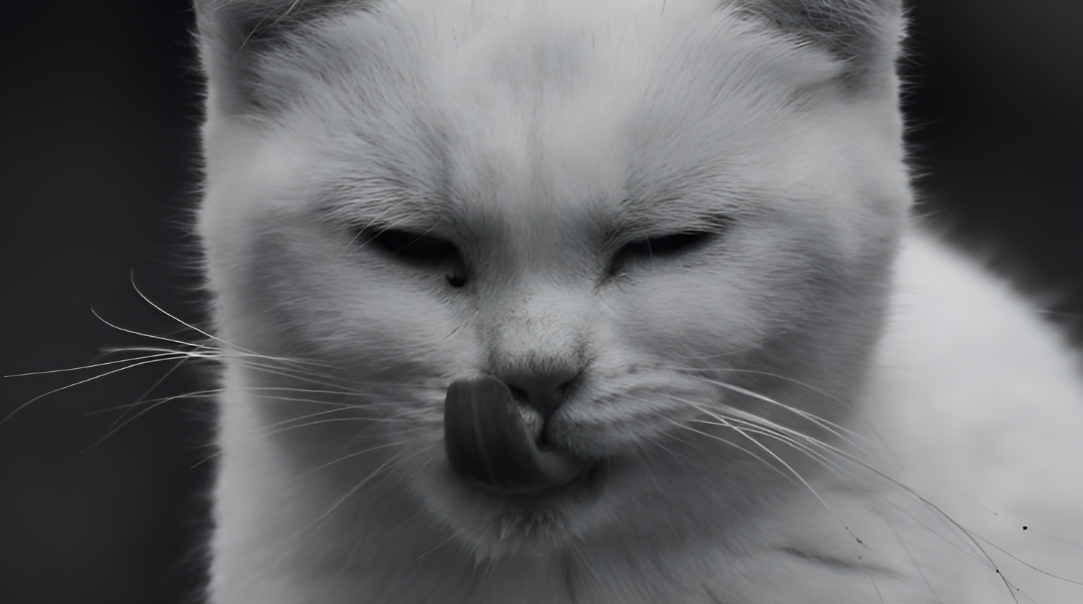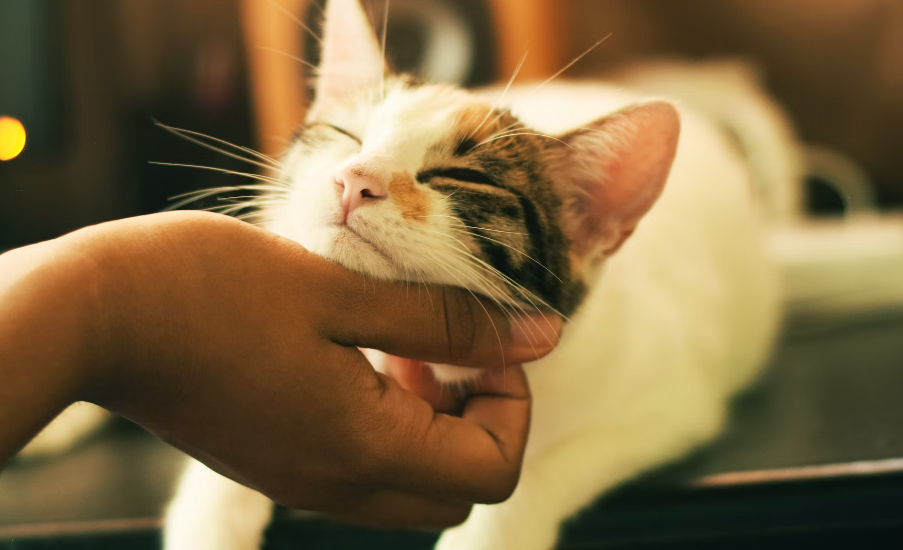Why Do Cats Love Tuna So Much?

© Altaf Shah / Pexels
We know Hello Kitty loves apples and Garflied is no stranger to lasagna, so, what do cats in real life actually enjoy? The short and simple answer would be Tuna.
But, why do cats love tuna so much? Is it the fishy smell, the salty flavor, or something entirely different? Well, we have the answer for you.
What Research Has To Say
Cats have unique taste preferences due to their evolutionary history as obligate carnivores. They lack the ability to taste sugar and have fewer bitter taste receptors. However, researchers have discovered that cats can taste umami, the savory flavor found in meat. They identified the genes responsible for umami detection in cats but with some differences compared to humans.
So, What Makes Cats Love Tuna?
Cats’ love for tuna has long puzzled scientists, given their desert-dwelling evolutionary origins. However, recent research published in Chemical Senses has shed light on this peculiar preference. It turns out that cats have taste buds specifically designed to detect umami, the savory taste found in meats, and these taste receptors are uniquely attuned to the molecules abundant in tuna. This discovery not only helps us understand our feline companions’ food preferences but also has the potential to assist pet food companies in creating healthier diets and more palatable medications for cats.

Cats respond to umami differently, with nucleotides activating their receptors before amino acids enhance the taste. In experiments, cats showed a strong preference for umami-rich flavors, especially those containing histidine and inosine monophosphate, which are abundant in tuna. This preference may explain why cats are drawn to tuna, despite their desert origins. This research could lead to the development of more palatable cat foods and easier-to-administer medications for feline companions.
Is Tuna Safe for Cats?
A healthy cat diet should consist of various nutrients, including protein, essential fatty acids, vitamins, and minerals. Imbalances in these nutrients can lead to health issues. Tuna, while a popular choice for cats, is not nutritionally balanced on its own, as it lacks certain essential components like Vitamin E and antioxidants. It should not be the sole source of nutrition for cats.
If you include tuna in your cat’s diet and observe unusual behavior, it is advisable to consult a veterinarian for a check-up. Cats can also be allergic to fish, and symptoms include itching, hair loss, skin problems, vomiting, diarrhea, and appetite loss. Immediate veterinary attention is necessary if such symptoms occur to identify the cause and establish a treatment plan.
If you have a cat, does your feline friend always show up when you try to make a tuna sandwich or salad? We would love to hear your funny cat stories below!


